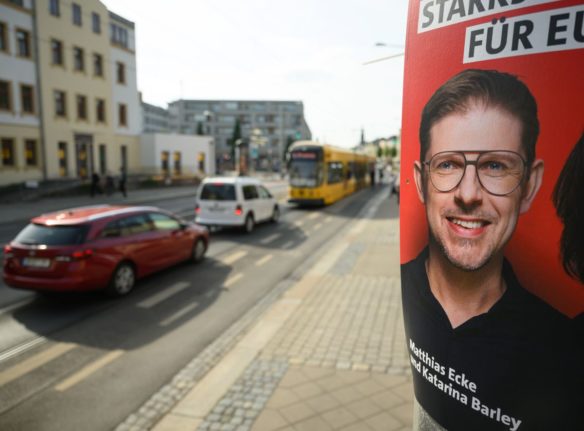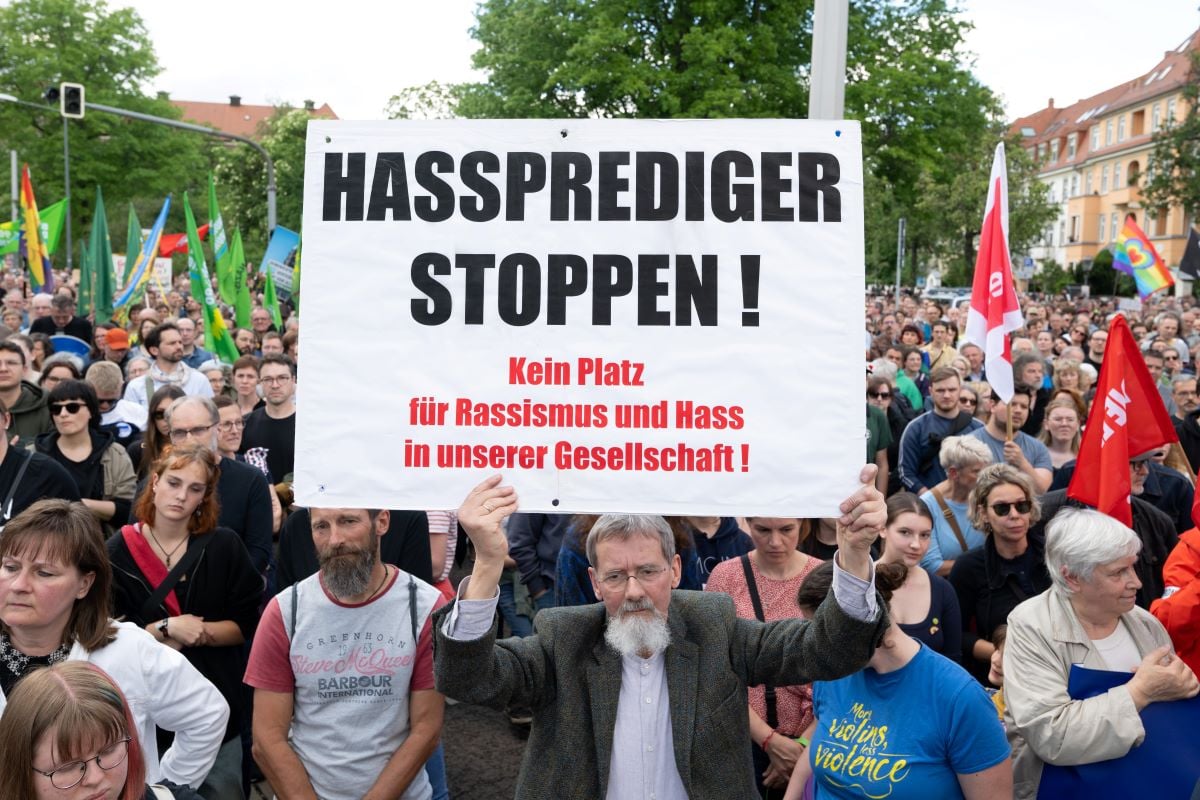Police action in two countries came as Germany moved towards the progressive lifting of restrictions against COVID-19 which has claimed around 3,000 lives in the country.
Experts say however that any easing would be accompanied by an obligation
to wear a face mask while using public transport, to prevent a resurgence of infections.
Europol said two companies were contracted by the German government in mid-March to buy face masks valued at €15 million as global stocks ran low.
After a sale failed to materialise off a website supposedly based in Spain, the two companies were referred to a 'trusted” dealer in Ireland.
READ ALSO: 'Modern-day piracy': German official says US swooped on masks at airport
“The Irish middleman promised to put them in touch with a different supplier, this time in the Netherlands,” who could supply the masks, Europol said.
An initial deal was made in which the companies paid €1.5 million for the delivery of 1.5 million masks.
“The buyers initiated a bank transfer to Ireland and prepared for delivery, which involved 52 lorries and a police escort to transport the masks from a warehouse in the Netherlands to the final destination in Germany,” Europol said.
However, just before the delivery was due, the criminals said they needed another €800,000 “in order to secure the merchandise”.
The buyers sent the wire transfer but the masks never arrived.
“It turns out the Dutch company existed, but their website had been cloned. There was no official record of the order,” Europol said.
Police and law enforcement agencies including Europol and Interpol quickly scrambled in a race to recover the money.
The Irish police's Economic Crimes Bureau on a tip-off from Interpol froze €1.5 million in an account in an Irish bank and identified an Irish company involved.
The Dutch Fiscal Information and Investigation Service (FIOD) tracked down
the €800,000 — of which 500,000 had already been paid into a British bank account, destined for an account in Nigeria.
Thanks to an alert raised by investigators, the British bank was able to recall the full amount.
Those funds have now been returned to the Netherlands and frozen by authorities.
Dutch police arrested two suspects in the ongoing probe, Europol said.




 Please whitelist us to continue reading.
Please whitelist us to continue reading.
Member comments